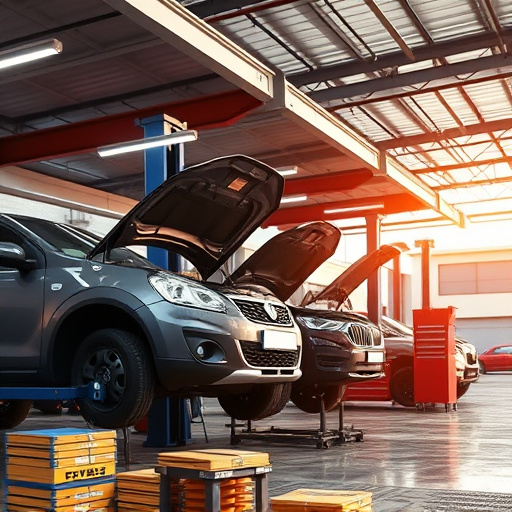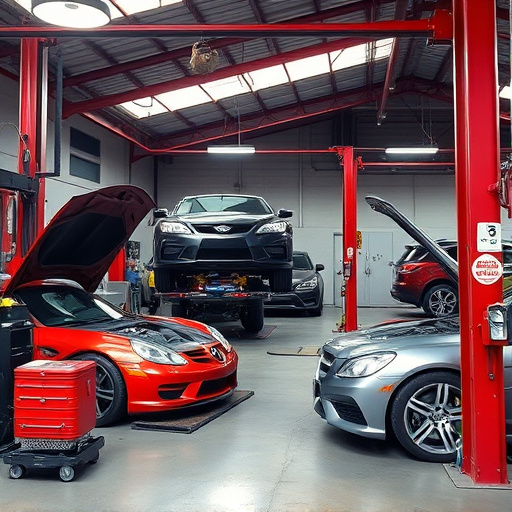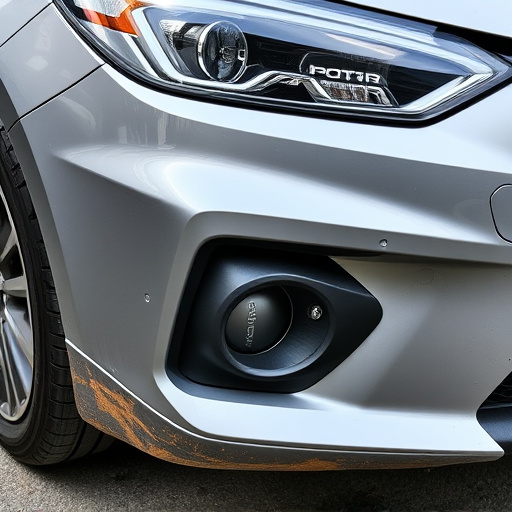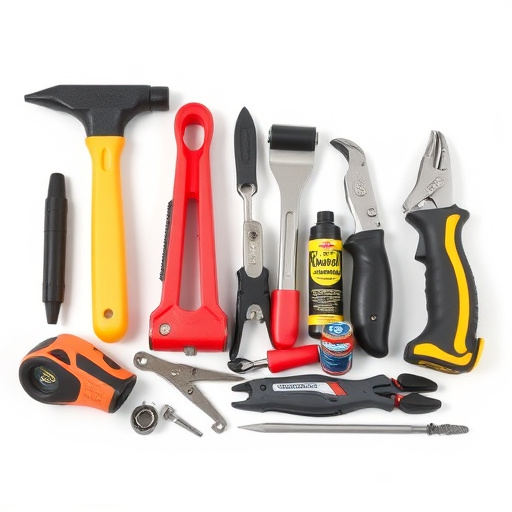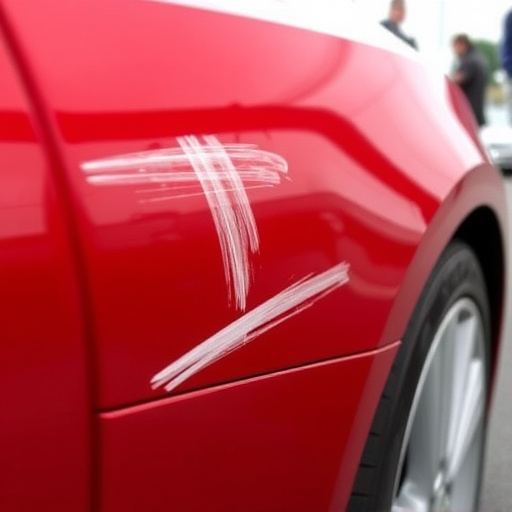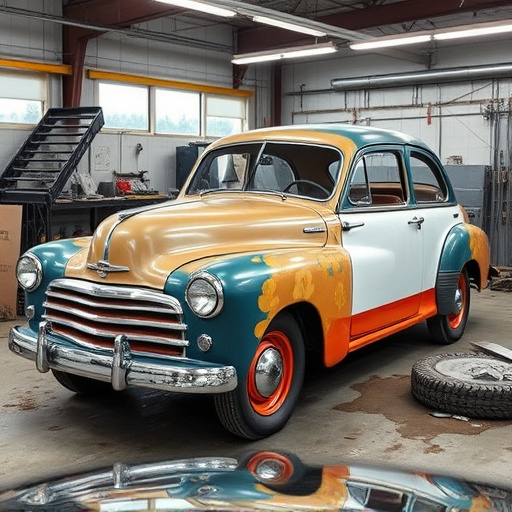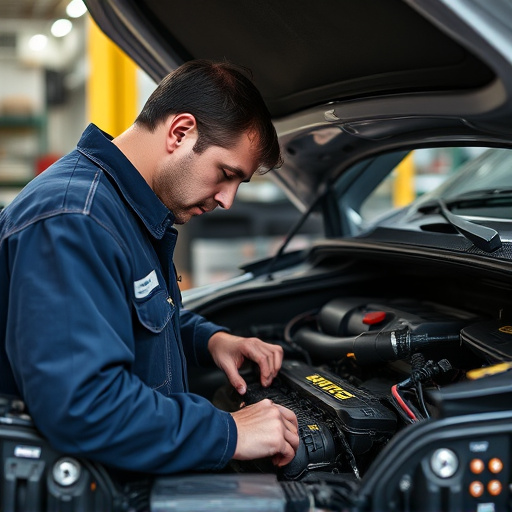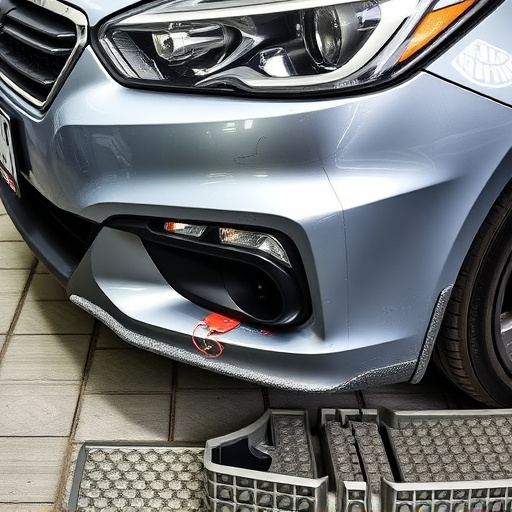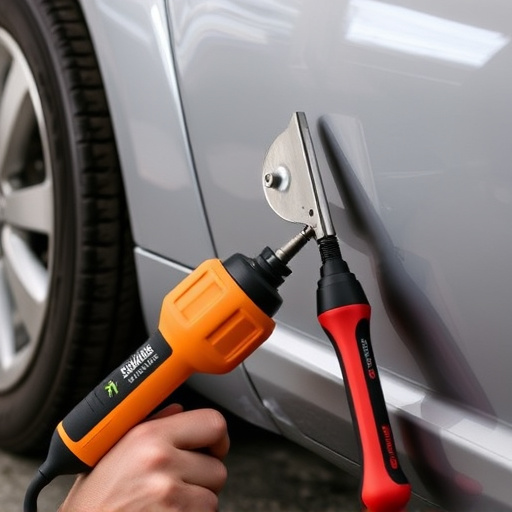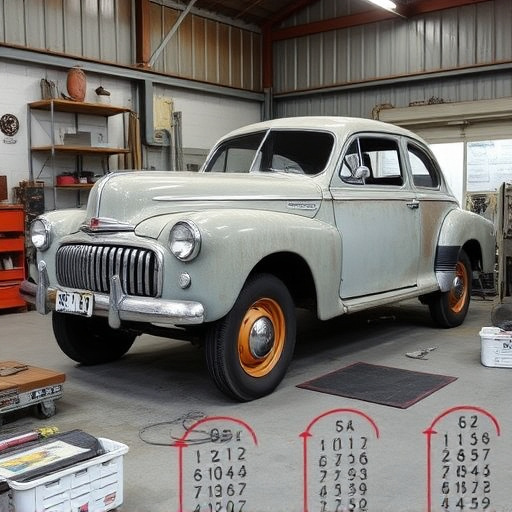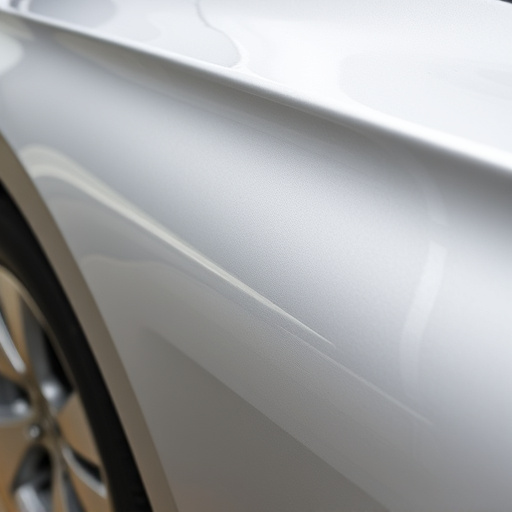In an era of rapid technological progress, acoustic glass repair for automotive technicians faces competition from efficient, cost-effective alternatives like paintless dent repair (PDR). While traditional methods preserve historical integrity, replacement glass offers swift solutions driven by advancements in auto glass manufacturing. Acoustic repairs appeal to classic car enthusiasts, while replacements cater to everyday drivers seeking budget-friendly options. Skilled technicians perform acoustic repairs, addressing structural integrity and soundproofing for long-lasting results, enhancing sustainability and providing quieter driving experiences.
Is acoustic glass repair still a valuable service for technicians? With modern alternatives like replacement options gaining traction, it’s essential to explore the pros and cons. This article delves into the longevity and cost-effectiveness of acoustic glass repairs, while also highlighting the specialist skills required for successful restoration. We’ll examine if repairing or replacing damaged acoustic glass is the better choice, considering the evolving landscape of materials and techniques in the industry.
- Modern Alternatives: Exploring Repair vs. Replacement Options
- Longevity and Cost-Effectiveness of Acoustic Glass Repairs
- Specialist Skills: The Role of Expertise in Glass Restoration
Modern Alternatives: Exploring Repair vs. Replacement Options

In today’s world, where technological advancements offer a plethora of modern alternatives, the question arises: is acoustic glass repair still a worthwhile investment for automotive technicians? While traditional repair methods have long been the go-to solution for fixing cracked or damaged car windows, especially in classic car restoration projects, new technologies are challenging this status quo. For instance, car dent removal techniques like paintless dent repair (PDR) have gained popularity due to their efficiency and cost-effectiveness. This non-invasive method can restore a vehicle’s exterior without the need for extensive repainting or glass replacement.
When considering acoustic glass repair versus replacement, technicians must weigh the benefits of preserving the original glass against the growing demand for faster, more affordable solutions. Car restoration enthusiasts often prioritize the authenticity and historical integrity of their vehicles, making acoustic repairs appealing. However, for everyday drivers seeking swift and budget-friendly options, replacement glass may be the preferred choice, especially with the advancements in auto glass manufacturing that ensure superior quality and safety standards.
Longevity and Cost-Effectiveness of Acoustic Glass Repairs

Acoustic glass repairs offer a cost-effective solution for car owners looking to preserve the integrity and sound quality of their vehicle’s windows. While some may argue that replacing damaged glass is a more straightforward option, especially in today’s auto glass repair industry, technicians can still find significant value in repairing acoustic glass. The longevity of these repairs sets them apart from typical auto glass replacements, as they can last for years with proper care, reducing the need for frequent replacements.
This approach not only saves money but also contributes to a more sustainable automotive landscape. In the world of car bodywork, where aesthetics and functionality go hand in hand, repairing acoustic glass can be a game-changer. Unlike auto body shops that solely focus on cosmetic repairs, addressing acoustic issues ensures that vehicles maintain their original soundproofing capabilities, providing drivers with a quieter and more comfortable driving experience.
Specialist Skills: The Role of Expertise in Glass Restoration

In the realm of automotive restoration, acoustic glass repair stands as a specialized art that requires the skills of an expert technician. The intricate process involves more than just mending cracks; it demands a deep understanding of materials and advanced techniques to ensure the structural integrity and soundproofing qualities of the glass are restored. Technicians must possess the know-how to handle fragile glass without compromising its original shape, while also addressing any underlying issues that led to the damage in the first place.
This level of expertise is crucial when it comes to acoustic glass repair, as technicians need to go beyond surface-level fixes. They play a vital role in mitigating further car damage repair by identifying and rectifying problems related to misaligned frames or worn-out seals, which are common causes of cracks and leaks. By leveraging their skills, these professionals can enhance the overall performance of the glass, ensuring it provides effective tire services and maintains the vehicle’s aesthetic appeal.
In an era where modern alternatives like complete replacement offer swift solutions, acoustic glass repair still holds its ground as a worthwhile investment. Despite the availability of newer technologies, the expertise required for effective restoration ensures that specialized technicians can extend the lifespan of acoustic glass, providing cost-effective longevity. This niche skill set is invaluable in preserving the unique properties and aesthetic appeal of acoustic glass, making it a sustainable choice for both residential and commercial applications.

